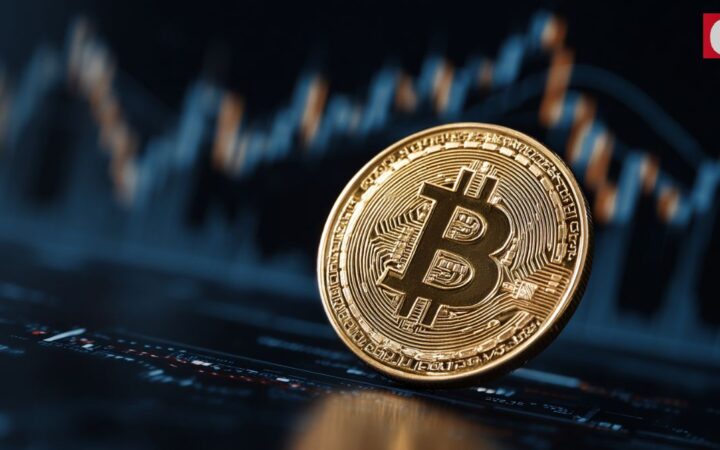
Please check out latest news, expert comments and industry insights from Coinspeaker's contributors.
As cryptocurrencies grow in popularity and value, there is an emerging consensus that the technology that powers them may bring long-awated changes onto various industries. Here is how blockchain tech can upgrade healthcare.

Leaders across virtually every industry are touting its decentralized network as the next frontier for reliable, secure, and progressive connectivity.
Even the famous crypto-skeptic, Jamie Dimon, the CEO of JP Morgan Chase, has gotten on board. Recently Mr. Dimon publicly admitted that he regrets calling bitcoin a ‘fraud’. In his interview on Fox Business he said:
“The blockchain is real.”
While the blockchain is poised to make an immediate impact on nearly every conceivable industry, some changes are more obvious than others. The healthcare industry is ripe for disruption.
Very nature of the industry requires serious security restrictions, shareable data, collaborative networking, and reliable service. Creating these things using traditional infrastructure is expensive and is far from fail-proof.
What’s more, the healthcare industry is plagued by limitations stemming from legacy technology systems that are put under tremendous strain by the rigorous healthcare standards. It’s making healthcare more expensive, while not improving patient care.
Deloitte, a consulting firm that frequently reports on blockchain technology, observed that “Blockchain technology has the potential to transform healthcare, placing the patient at the center of the healthcare ecosystem and increasing the security, privacy, and interoperability of health data.”
According to ICO Alert, there are dozens of healthcare-related ICOs preparing to launch. They are joining several other healthcare-focused digital tokens that launched earlier this year.
These tokens are a microcosm of the larger crypto-ecosystem as they address a wide array of issues currently plaguing the healthcare industry.
Take a look at just a small sample of the blockchain-based applications prepared to make a tangible impact on the healthcare industry.
“The current opioid epidemic is the deadliest drug crisis in American history,” reports The New York Times. For Americans under 50, opioid-related overdoses are the leading cause of death. BlockMedX is trying to do something about that.
BlockMedX is intended for use by physicians and pharmacies to bring greater levels of transparency, accountability, security to the prescription drug industry. Using machine learning techniques, BlockMedX can analyze and monitor millions of prescriptions to find anomalies or possible concerns.
With the opioid crisis continuing to get worse, this platform’s 2018 Q1 launch can’t come fast enough.
DentaCoin is a little further down the road than other healthcare-oriented blockchain platforms. It completed its ICO in the Fall, bing currently valued at almost $2 billion. DentaCoin’s platform is a unique combination of a dental-directory, review board, and payment system.
The company is striving to increase access to dental care while simultaneously lowering the cost. They allow a single platform for patients to find dental care, pay for treatment, and review services.
Yahoo Finance named DentaCoin one of its 12 cryptocurrencies to follow in 2018 primarily because it’s already being used by partner dental clinics located around the world.
In the healthcare industry, information is power. Under President Obama, healthcare companies were strongly encouraged to digitalize their medical records to increase access to and accuracy of vital patient information.
By 2013, more than half of all medical providers were using electronic health records. At this point, electronic medical records are a ubiquitous part of the healthcare industry, and the blockchain is the next step in making that information more secure and usable.
MedicalChain uses blockchain technology to securely store & share health records and maintain a single version of the truth. By digitizing health records and empowering users the company can leverage countless industry synergies.
The blockchain tech will transform electronic medical records by relieving healthcare providers of the infrastructure costs while also expanding their possible use cases. For example, by tokenizing patient information, it’s inconceivable that large-scale medical studies or other assessments could be conducted without compromising patient confidentiality or privacy.
Ultimately, the blockchain will transition from being a novel, new technology to the a new norm for most industries. The healthcare industry is desperately in need of innovative new technology to help improve its ability to provide the patient care. The Blockchain will help, and these initiatives are highly likely to become the next solution that transforms and improves healthcare.

Please check out latest news, expert comments and industry insights from Coinspeaker's contributors.




